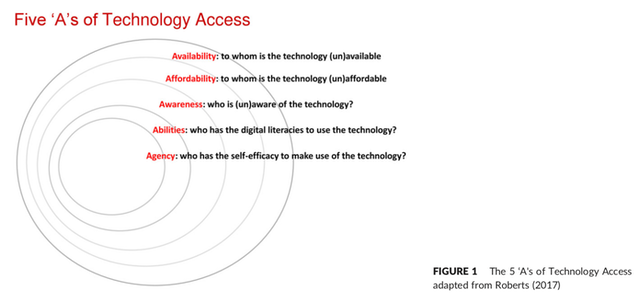In Groundwork Labs chat @helge refined a list of 3 criteria for open social protocols that allow focus beyond the technology onto the ecosystem itself.
I think that I can simplify these criteria to:
- welcoming
- evolvable
- self-hostable
Making a list of 3 adjectives that a “Fediverse successor must satisfy” seems like right for the buzzword culture world.
I’m actually not  . One should formulate stuff as the experience of the user.
. One should formulate stuff as the experience of the user.
Or even as the experience “you can expect”. For example:
-
You can host your own instance. means something that one can experience. It’s cool. I can sit down with the tutorial and a week to kill and get my own full service instance running.
-
The network is dezentralized. is mostly meaningless for the experience. It’s [buzzword bingo].
Below my reflection on the list…
Yes, the current fedi doesn’t invite thinking out-of-the-box and build something innovative. It invites a deep focus on how the heck to get your feature into what exists already, and then the next feature, etc.
Good to describe this focus shift away from pure tech perspective. Indeed, decentralization is mostly an ‘implementation detail’, not a real feature. When generalizing to this list of just 3 adjectives they likely converge into universal qualities to pursue in the protocol design and/or design process that will make it “fit for purpose”.
I agree with Evolvable. I think that both encompasses Extensible (make new things) and Adaptable to change (existing solutions).
As for the other two… not so sure. I think here we should diversify the audience and separate into different stakeholder groups. I think at least 3 types should be considered:
- Technology adopters (providers)
- Solution designers (creators)
- Fedizens (clients)
I wouldn’t list “self-hostable”. It is more of a derived feature. I would say “self-sovereign” instead. Full control and ownership of social network solutions by creators and ultimately clients. The protocol design can facilitate clients to certain extent.
“Welcoming” is interesting. How would that translate? Good onboarding, ease of use, good DX, good basis for good UX. But also able to “carry healthy culture”? In that last bit is a whole world of SX to be applied. I think at the level of protocol design, here it comes to the extent at all levels that the technology is readily usable and useful. Technology “access” is then the word I’d choose. See:
The article presents the Five A’s of Technology access:
- Availability
- Affordability
- Awareness
- Abilities
- Agency
The “welcoming” is then an emergent quality of the technology becoming ubiquitous and gets out of the way as solutions are built. Ability to ‘compose’ solutions based on the right abstractions and building blocks. So then…
Key protocol traits
- Accessible
- Self-sovereign
- Evolvable
I find this notion of “self sovereignty” to be extra important, as there is this opportunity to apply new technology paradigms and open entire new markets with big opportunity for Sustainable open social software (SOSS). A self-sovereign social client has all the data under the control of a person operating a set of identities from there. Technology trends of local-first and vendor-neutral components may see both the role of the cloud and of browsers diminished.
(It is a pity that the term “self sovereign” has also been tainted somewhat by cryptobro shenanigans. Using just “sovereignty” may be better)
What the “Five A’s” above demonstrate, is the beginning of a nice breakdown structure of the protocol design.
So e.g. Evolvable may breakdown to:
- Modular
- Extensible
- Backwards-compatible
- Composable
Just musing. There are likely better ways to slice. Thinking also of Adaptable.
A concept like “vendor neutrality” may be deeply considered. To what extent can a protocol design enforce this?
 Howdy folks… a gentle reminder to wiki summarize what’s important.
Howdy folks… a gentle reminder to wiki summarize what’s important. This vision needs a champion.
This vision needs a champion.

 Consider Christine’s thread MUST READ, preferably from the top, scrutinising Bluesky.
Consider Christine’s thread MUST READ, preferably from the top, scrutinising Bluesky. vision. It’s more like a first stab at something that is both necessary and false in the Fediverse.
vision. It’s more like a first stab at something that is both necessary and false in the Fediverse. Call to Participate
Call to Participate
 . One should formulate stuff as the experience of the user.
. One should formulate stuff as the experience of the user.



